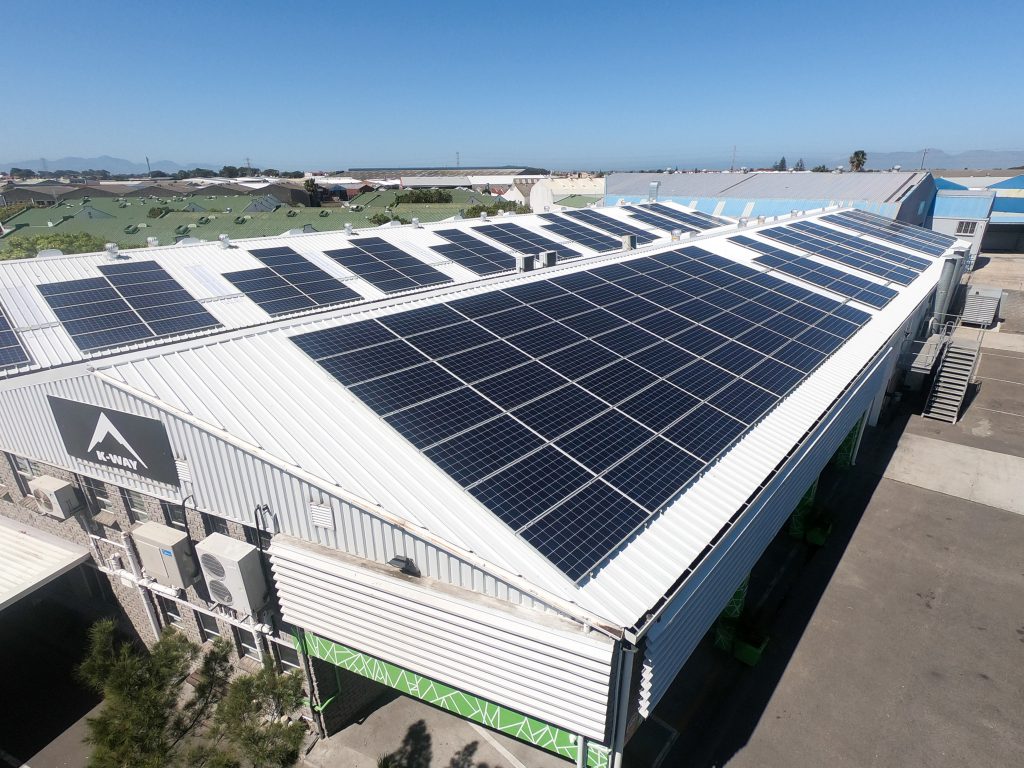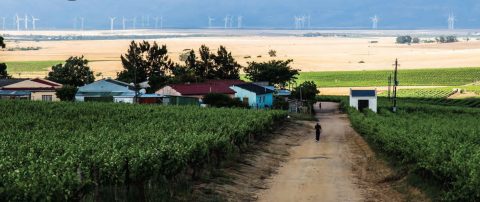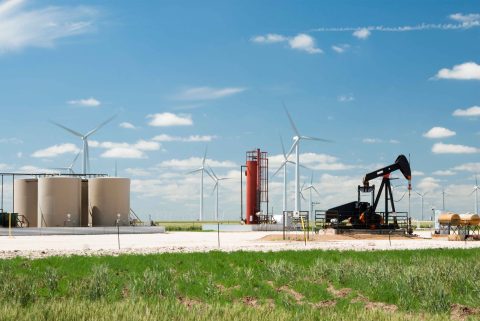Sunday Times Green
Could We Be World Leaders?
South Africa has abundant access to renewable energy resources, a deep pedigree of technical knowledge and many challenges that demand good solutions. We’re also developing some world leading products in the area.
The best known are the Helio100 Concentrated Solar Power (CSP) system, and PTiP Innovations’ photovoltaic (PV) panels. Neither are commercially available yet, but both aim to reduce the cost and size of existing solutions for solar.
But few – if any – of these local research and development (R&D) projects of renewable technologies are translating into mass-scale manufacturing. The market for renewables is picking up pace: after political delays around signing up independent power producers (IPPs) by Eskom, it’s now a R60-billion sector, according to the Council for Scientific and Industrial Research (CSIR). But South Africa is missing an opportunity to put its home-grown technology to use.
At the moment, the country imports solar panels and windmills to tap into its solar and wind reserves.
Iago Davids is the policy and research co-ordinator at Project 90 by 2030, a civil society organisation that calls for a 90% reduction in greenhouse gas emissions by 2030. He says South Africa should be investing much more into research and education, as well as establish bilateral agreements with other countries to further develop renewable technologies and boost skills sharing. He is also concerned that much of the focus is on large-scale plants rather than decentralised, community-oriented power generation.
Tasneem Essop, a long-time supporter and advocate of renewables, agrees. Her organisation, Energy Democracy, is currently running four pilot projects in the Western Cape where local communities are creating decentralised micro-grid energy systems.
Essop says that communities can become energy generators. This will encourage more adoption, innovation and manufacturing. But there is a snag: “There’s enough space to innovate around the deployment of renewable technologies. But there will be an initial cost to deploying a bottom-up community-owned model. So government has to decide if it is willing to pay a premium to ensure that happens.”
For example, at present there are few mechanisms for communities to sell power back into the main grid. Since government policy has put the onus of renewables generation largely on the private sector through market mechanisms such as the IPPs, the true capacity of South Africa – its people – remains unstimulated.
Local income
There have to be clear ways to guide industry changeovers and prevent employment losses. Renewables have proved controversial with labour unions, who fear they will lead to job losses in traditional energy sectors. Shedding of jobs is inevitable in the country’s coal-reliant economy – but this can be actively managed to help transition into new opportunities.
As Essops put it, renewables is a technology and shouldn’t be feared, but how it’s deployed can have risks. If the transition isn’t planned, there will be problems.
The country has no shortage of R&D potential which could lead to manufacturing opportunities and job creation, but Ntombifuthi Ntuli, the head of energy research at the CSIR, says the focus is currently on taking advantage of the global value chain.
“While there are pockets of renewable energy technology developments in the various energy research institutions in the country,” Ntuli says, “very few have reached full-scale commercialisation, licensing and manufacturing.”
An exception she cites is Kestrel, a local firm that builds and exports small-scale wind turbines. But that is one of just a handful of companies standing against a growing legion of overseas manufacturers, especially from China, entering the local market. There definitely is interest and talent in South African renewables. The right choices can make the renewables industry and the country flourish.





